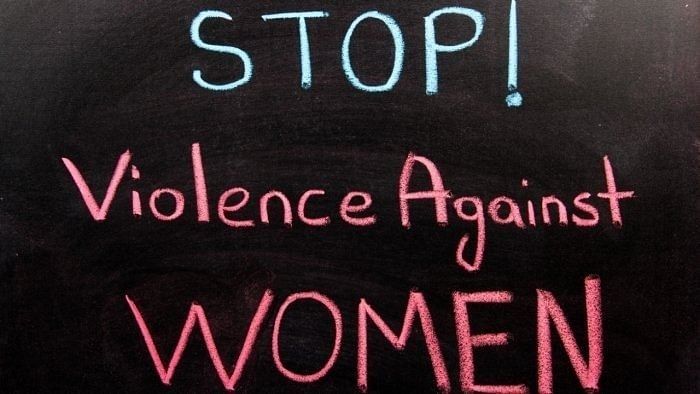
The Maharashtra Legislative Assembly on Thursday unanimously passed the Shakti Criminal Laws (Maharashtra Amendment) Bill that provides for stricter punishment including death penalty for crimes against women and children. The bill, which also provides for speedy trial in such cases, was tabled by Home Minister Dilip Walse-Patil. It will now be placed before the Legislative Council.
The bill, modelled on the Disha Act of Andhra Pradesh, was first tabled in the Maharashtra legislature in the 2020 winter session, but the government then referred it to a joint committee for scrutiny. The committee held 13 meetings and submitted some recommendations which were presented in the legislature on Wednesday. The bill provides for capital punishment for certain crimes against women and children and prescribes a period of 30 days to complete probe once a complaint is lodged. It puts the onus on social media platforms and Internet service providers to provide data, if needed, for investigation's purposes.
The joint committee had recommended that probe in such cases be completed within 30 days, and extension of 30 more days can be given by senior police officials if valid reasons are provided. If a probe officer demands data, it should be provided within seven days, the recommendations said, adding that failure to do so by social media platforms or internet/mobile data providers may attract imprisonment of up to three months or/and fine up to Rs 25 lakh.
Walse-Patil said the bill also provides for punishment of one to three years in prison and a fine of Rs 1 lakh for lodging a false complaint of sexual assault. All stakeholders were taken on board, the minister said. For instance, the committee also met police officials to know their perspective regarding the probe of such cases, he said. The bill proposes addition of a new section, `354E', to the Indian Penal Code to deal with `outraging modesty of women, men and transgender persons through electronic or digital means'.
During the debate on the Bill, Devendra Fadnavis, Leader of the Opposition in the Assembly, said while the bill has a provision for designated courts to deal with such offenses, there is a need for dedicated courts for women to make the law more effective. Earlier in the day, Revenue minister Balasaheb Thorat also introduced the Maharashtra Stamp Amendment Bill in the Assembly.
Watch the latest DH Videos here: